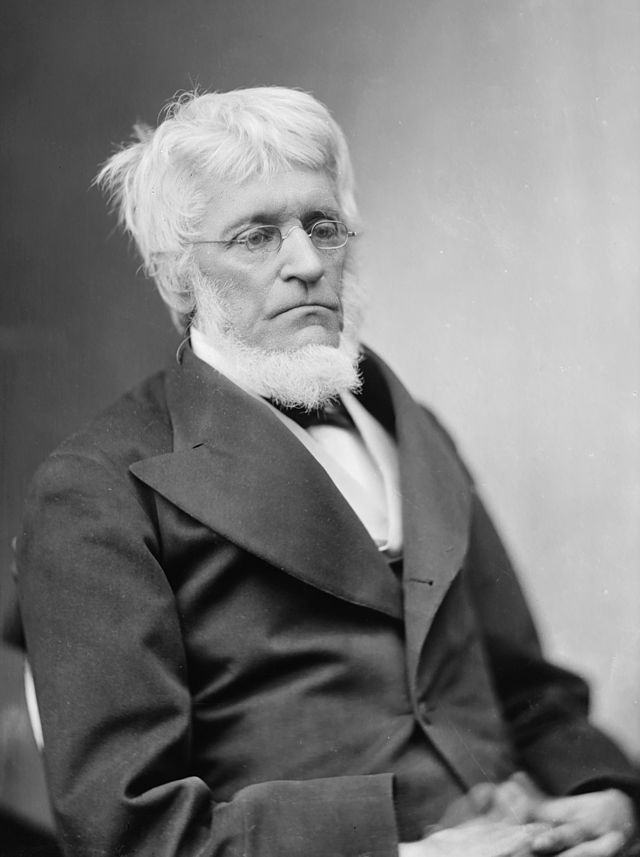Dr. Usman Amin Hotiana
Associate Professor at Mayo Hospital Lahore was invited for a guest lecture at the Institute of Psychiatry, BBH Rawalpindi.
A Tale of Torrid Love Affair
The Institute of Psychiatry, Benazir Bhutto Hospital, hosted a seminar on the theme, “Forensic Psychiatry & Law: A Tale of Torrid Love Affair”. Dr. Usman Hotiana, who is an Assistant Professor of Psychiatry at King Edward University & Mayo Hospital delivered the seminar. Professor Malik H. Mubbashar, Founder of the Institute of Psychiatry and Professor Emeritus, was the chief guest at the occasion. In attendance were consultants, residents & house officers from psychiatry and neurology, and psychologists.
Prof. Fareed A. Minhas, Professor of Psychiatry and Head of the Institute, started the proceedings by introducing the subject and the respected speaker. He highlighted that these academic endeavors are in line with his vision as the Dean of the Faculty of Psychiatry. Providing such opportunities to younger, talented supervisors and to replicate these across the country is the concrete fulfillment of his vision. He said that it honors us to have Prof. Mubbashar, the father of the institute, in our midst. He spoke about the concerns of senior psychiatrists that a lot of work gets done in mental health, but there’s a gap in the next generation taking that work. With this realization we give the opportunities, he said, to the budding psychiatrists so we can give them timely guidance regarding the ditches and peaks in mental health.
My responsibility extends across 350 trainees and forty-eight supervisors across the country, he said. Prof. Fareed narrated the struggles of Prof. Mubbashar and others in trying to get the mental health ordinance to be implemented in Pakistan. He lamented the failures in that path. He spoke about the talent he noted in Dr. Usman Hotiana to take the struggle forward.
Dr. Usman Hotiana began his talk by extending his gratitude to Prof. Fareed for the opportunity. Dr. Usman opened the floor for an interactive session from the very beginning. He began the discussion speaking of the affair between law and psychiatry being symbolized in the brain with the amygdala having a unique quality for assessing the feelings of the others allowing us to empathize, the frontal cortex; its orbital part allows for an understanding of right and wrong, and the jury lives in the anterior cingulate gyrus, which does the risk assessment.
Brain's courtroom | |
|---|---|
| Amygdala | Recognition of feelings of others |
| Orbitofrontal Cortex | Right versus wrong |
| Anterior cingulate | Risk assessment |
| For details on these functions, check out the module on frontal lobe | |
He alluded to the importance of having an insight into the historical evolution of a subject to comprehend it. He spoke about Dr. Hodgkin who was called as an expert witness, with King George III, which was an unprecedented event, made a historical statement saying:
"I can tell as I deal with people of unsound mind all the time." When asked the limits of human responsibility, he responded, "I’m sorry that it is outside of my field."
Forensic means going to the public; forensic psychiatry has involved all of us; taking consents, authoring a report, etc. It is an area that no medical practitioner can avoid and augment his point he quoted Isaac Ray as having prophesied said that "in the future times all the hospitals will be fated into forensic hospitals." True enough, Dr. Usman said, if you look around the world with the threat of lawsuits hanging over overall medical practitioners, the prophecy has found fulfillment.

He traced the history and origin of forensic psychiatry to antiquity, even though the appellation may not have been born reminding the attendees of the trial of Socrates, and for corrupting the youth he had to take the poison. He mentioned that in the year 1738; the king had some problems, and nobody could help him. So, they called Francis Willis, who saw the florid psychosis in the king. Frances would gather all the mentally ill on a farmhouse and coerce them into heavy physical work.
This resulted in the king getting relieved. And Frances thus guaranteed himself a regular paycheck from the royalty. In the year 1800, they passed the Criminal Lunacy Act. A person called Hadfield in the middle of a theatrical drama stood up and started firing shots. He was apprehended, this led to the development of the criminal lunacy act, and they cast him into a facility specially developed for the mentally ill. In 1843, Daniel McNaughton’s attempt at assassinating the Prime Minister (accidentally killing his secretary) marked the birth of forensic psychiatry. He attempted the feat because of paranoia; however, the public was incensed at his acquittal. In 1984 in Revisiting McNaughton the law was further revised considering John Hinckley’s attempt at assassinating President Ronald Reagan driven by his erotomania towards Jodie Foster.
Professor Emeritus and founder of the Institute of Psychiatry




Hosting the Lecture at the Institute of Psychiatry
September 6, 2016
Usman Amin Hotiana